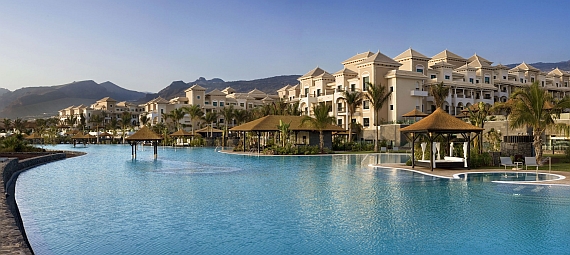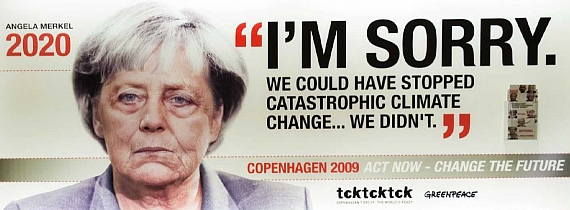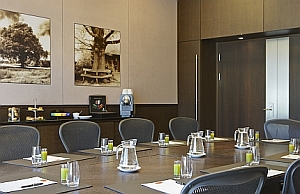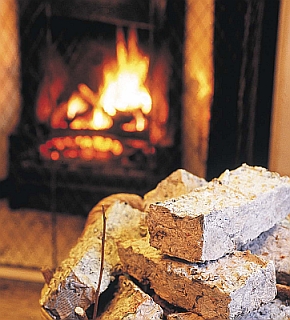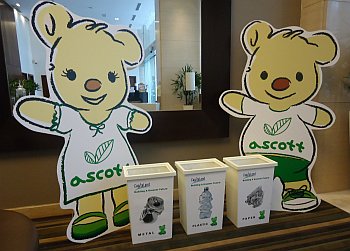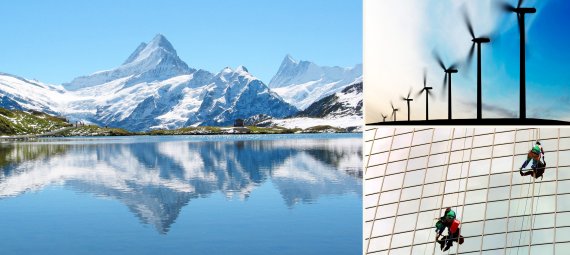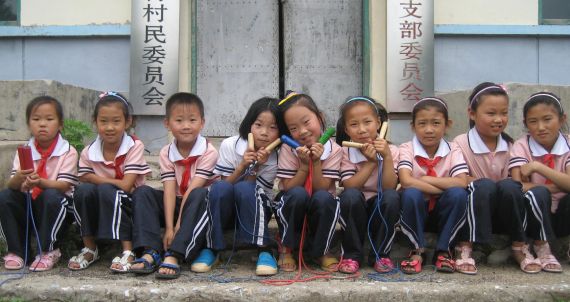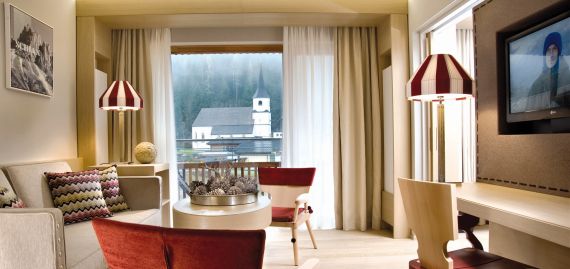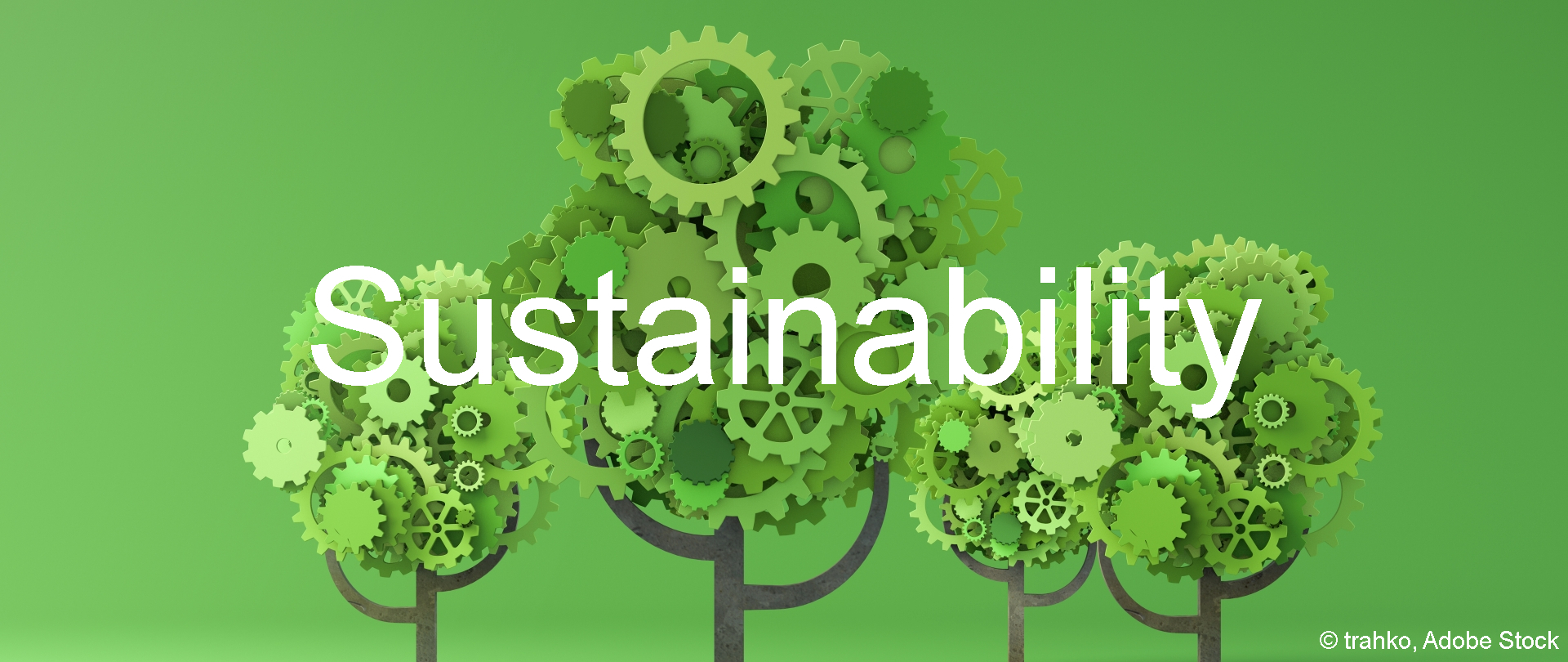
News & Stories
Palma de Mallorca.The fundamental values of Spanish Meliá Hotels International have always included a commitment to the environment, sharing local culture, and contributing to cultural integration and society. As part of the 2008-2010 Strategic Plan these values were included as a strategic line of work to help the company to make progresses towards them. The first challenge was to define the Sustainability Policy of MHI. In the new Strategic Plan 2012-2014, sustainability has become a force which underpins all strategic lines of work across the board.
Berlin. The tourism industry will win and lose with the climate change. Regions such as Europe will benefit and become a sanctuary for the "Climate Refugees" and in turn, travel will clearly increase. Strangely, the winners will also be travel insurance companies and risk insurance companies because weather risks will be included in the future. However, the menace of weather is not falling from the sky, but rather is rising from the sea. Scientists are now able to prove that from the end of the nineties, the evaporation of water through the warming of the oceans is driving storms and rainfall. This alters tourism.
Frankfurt/M. Since 2009, Steigenberger Hotels have been following a general sustainability concept. It is called "Steigenberger Corporate Responsibility" and supports the well-known principle "Think global, act local." The concept's primary goal is to significantly improve the group's environmental performance. At the moment, Steigenberger has two role-model hotels: Steigenberger Hotel Berlin operates with a neutral energy balance in the meantime and Steigenberger Airport Hotel Amsterdam even has a "Green & Fair Trade" floor. The group is particularly proud of its recycling quota in the industry.
Munich. A consortium for sustainability had already formed two decades ago in Great Britain – "Considerate Hoteliers" is now also seeking to gain a foothold in Continental Europe. As the first German hotel group to join, the Oetker Collection has bumped up the consortium to 220 members this month. The activities of Considerate Hoteliers have also further developed with the increasing awareness of the subject of sustainability: Today, the hoteliers can choose between different packages and additionally benefit from the knowledge of their colleagues in the form of workshops and seminars. The consortium will introduce a tool in February with which a hotel will be able to measure, benchmark and optimise their "Eco" performance.
Singapore. The programme "Go Green@Ascott" started nearly one year ago and has already been very successful. The hotel and serviced apartments group The Ascott Ltd., based in Singapore, has already achieved a large part of its planning, originally scheduled for 2015. The concept includes, among others, savings in water consumption, intelligent building management and join-in activities for staff and guests. Ascott's vision is to become the world's leading operator of "green serviced residences".
Stuttgart. From now on, the process for the certification of new buildings according to DGNB criteria should become clearly easier: The company has introduced new, free system software.
Zurich. The hotel chain Swissôtel, rooted in Switzerland, leaves nothing to chance. In the last three years, the group has developed and implemented its sustainability programme very strategically. First of all, the business management took a clear position in favour of sustainable management, and based on that, a systematic rollout took place in all Swissôtels around the world. The backbone of the Swissôtel strategy is a sustainable management system, which is supplemented by specific tools as well as supporting documents and a transparent reporting process. The staff's identification with the subject plays a leading role in measures.
Nuremberg. The Germans travel with greater environmental awareness than they did a year ago. Both the older and younger generation set the tone in this behaviour.
Hong Kong. The Asian luxury chain Shangri-La Hotels & Resorts has already dealt intensely with the subject of sustainability and with the support of social and ecological projects for some years. In 2010, the initiative "Sustainability" was brought to life company-wide with activities in the areas of "Sanctuary" and "Embrace". A specific percentage of the hotel annual budget is reserved to ensure the sustainability of the projects. The strategy heavily focuses on their own staff members as well as people in the neighbourhood and attempts to further educate on a wider basis. So, large-scale marketing campaigns do not rank in Asia, but rather concrete help on location. With this, Shangri-La has a high moral-ethical business philosophy: The group would like to become a model in society.
Salzburg/Werfenweng (February 15, 2013). For the German resort hotel group Travel Charme, Austria has become a revenue accelerator – and the 4 and 5-star resorts are not even located in the ultimate top destinations. Where is Werfenweng located? This could be one of the questions in a geographical quiz. Werfenweng is located at a place where 950 citizens are able to afford their first "chain hotel" with more than 400 beds or 120 rooms and 46 residences, in addition to their already existing 1,700 beds. The hotel is a "quantum leap" for the location, and, since its opening, it has become an important part of the "SaMo" concept, which means gentle mobility. As the guests are asked to leave their cars parked during their holiday stay and are able to immerse themselves in this "world of pleasure" for free, an additional 50,000 guests have arrived in the small village in the last four years. A perfect example for regional development.
